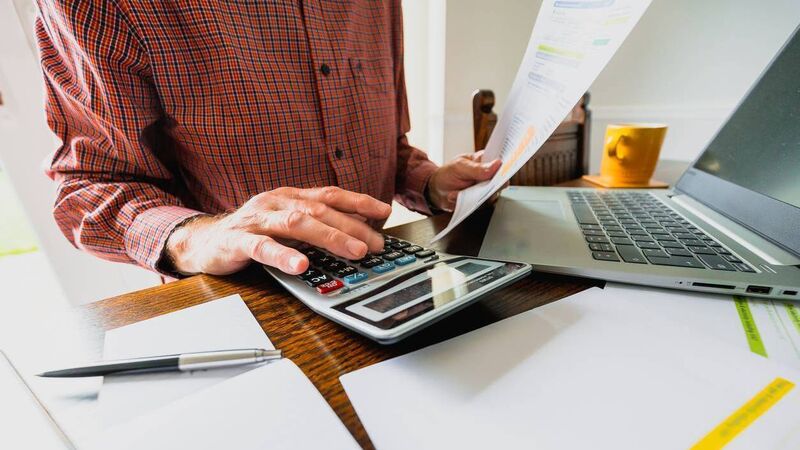Consumer: When will the new electricity credit arrive?

The new credit, which will be delivered to up to 2.3 million homes nationwide, is to be overseen by the energy regulator, the Commission for Regulation of Utilities (CRU).
As part of Budget 2024, it was announced earlier this month that all electricity customers would receive a €450 credit to help tackle this winter’s energy bills.














